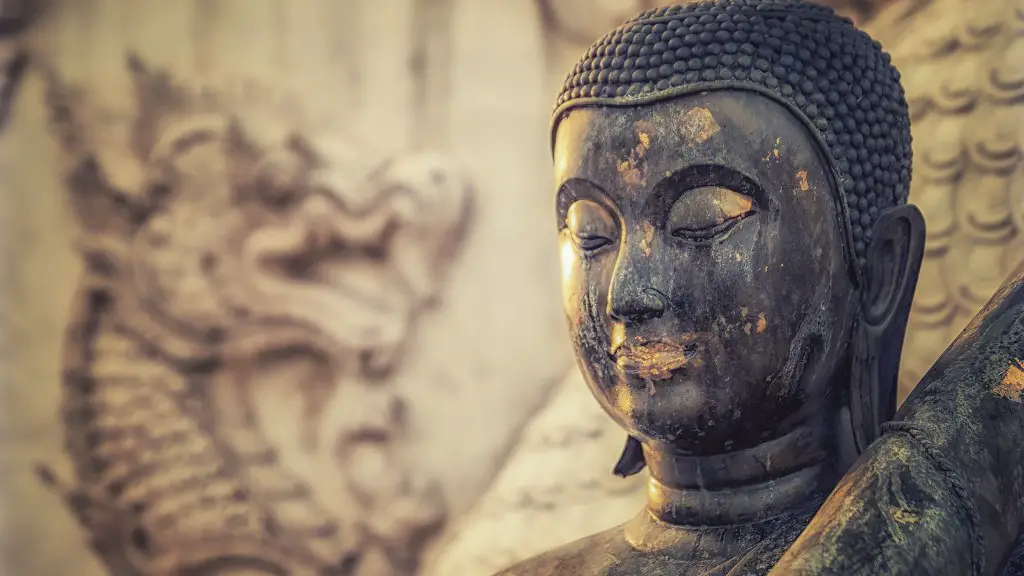What is Yom Kippur in Judaism?
Yom Kippur, which translates to Day of Atonement, is the most important and holiest day of the year in Judaism. It is a day of reflection, prayer and atonement. This meaningful holiday lasts a total of 25 hours and is typically observed two weeks after the Jewish New Year.
What Do Jews Do During Yom Kippur?
Jews spend Yom Kippur fasting, praying and participating in community worship. Fasting for Yom Kippur begins before sundown on the evening before and extends until nightfall on the day of the holiday. This total fasting period lasts around 25 hours and abstaining from food and drink is meant to remind us of the suffering of the Jews in Egypt.
Prayer is another major part of Yom Kippur. Congregations will often gather to recite prayers, psalms, and traditional prayers like Kol Nidre. Yom Kippur service will last for the duration of the day and includes both congregational and individual prayers.
Finally, Yom Kippur is also a time for atonement. During this holy day, worshippers will seek to right wrongs done to others, reconcile differences, and ask for forgiveness.
History of Yom Kippur
Yom Kippur dates back to Biblical times. The Torah in Leviticus 16:30 states: “For on this day shall atonement be made for you, to cleanse you; from all your sins shall ye be clean before the Lord.” Today, Yom Kippur is observed with fasting, philanthropy and prayer.
Symbols of Yom Kippur
There are a few symbols associated with Yom Kippur. One of the most significant symbols of this holy day is the white tallit (prayer shawl). It serves as a reminder of purity and is a symbol of hope and renewal.
Another symbol used on Yom Kippur is the sound of the shofar. The shofar is an instrument made from the horn of a ram, and it has been used as a tool of communication since Biblical times. On Yom Kippur, the shofar is sounded at the end of the service as a call for repentance.
Contemporary Observance
Yom Kippur is still an important and meaningful holiday for the Jewish community today. Despite the secularization of many religious holidays, Yom Kippur remains a day for prayer and reflection. Many Jews will abstain from work and school, as well as from activities that distract from the spiritual goal of the holiday.
A Time for Reflection
Yom Kippur is a valuable opportunity for reflection. During this day, it is important to take a moment to think about how we’ve treated others during the previous year, and to seek ways to improve behavior moving forward. It is also a time to think about how we can help and support those in need.
Contributions of Philanthropy
Giving back is an important part of Yom Kippur. Philanthropic contributions of money and other resources to those in need are a way to repent and “repay” for any harms done to others during the past year. Charitable donations, no matter how small, can make a major difference to the lives of those in need.
Traditional Foods for Yom Kippur
Unlike other major Jewish holidays, there are few celebratory foods to mark Yom Kippur. This is due to the fasting associated with the holiday and the absence of celebratory meals and feasting. However, some traditional Yom Kippur dishes include boiled eggs, which symbolize the cycle of life, and kugel, a noodle or potato pudding.
A Time for Connection and Reunion
Yom Kippur is also a time to spend with family and friends. After a day of reflection and prayer, many people will gather to break the fast together and enjoy a communal meal. This is a meaningful way to close the holiday and find closure in any broken relationships.
Exploring the Purpose of Yom Kippur
Yom Kippur is an important reminder of how to live in a moral and responsible manner. On this holy day, we are encouraged to atone for wrongdoings, to seek forgiveness from others, and to think about how we can show compassion and care to our fellow humans.
Benefits of Yom Kippur
Although Yom Kippur is a difficult day of fasting and prayer, there are several positive aspects to this special holiday. Through the observance of Yom Kippur, we come to understand our purpose and reconnect with our higher selves. This can be an incredibly powerful and transformative experience.
Finding Meaning in Yom Kippur Traditions
Yom Kippur teaches us how to lead a more intentional, meaningful life. Through this special holiday, we learn to focus on the present and seek to make a positive impact on our lives and on the lives of others.
Growth Through Forgiveness
Yom Kippur is a reminder that we are all works in progress and that forgiveness is an important part of our growth. By reflecting on past wrongs, we can make amends and move forward as more compassionate, understanding people.
The Power of Yom Kippur
Yom Kippur is an opportunity to draw closer to God and renew our faith in ourselves and in the divine. This holy day reminds us that we have the power to change, to forgive and to create new beginnings.


